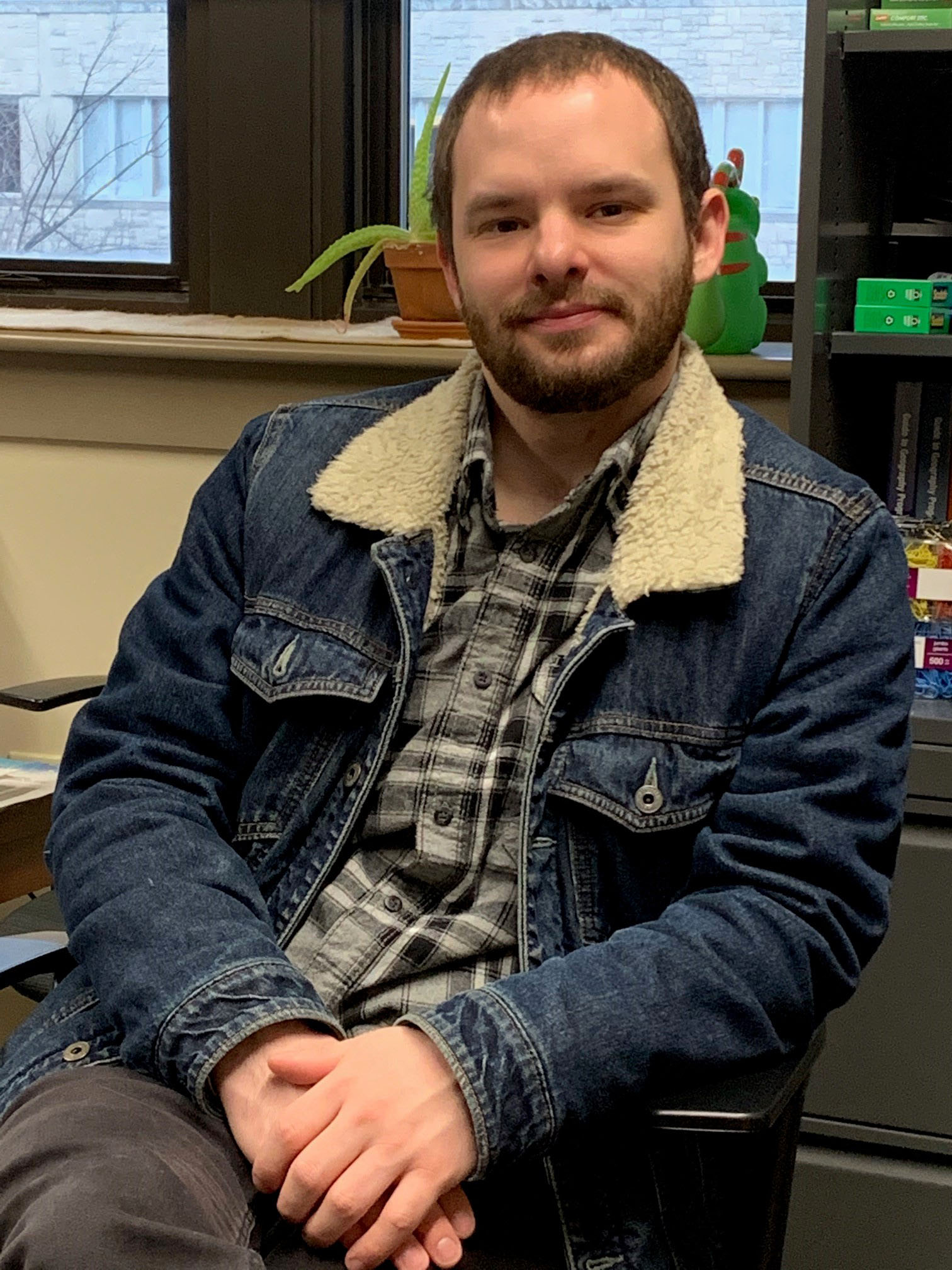Why did you choose geography as a grad degree? And what is your emphasis?
Cardinal: My emphasis is in biogeography, which concerns the distribution of plant and animal species. And I just chose it as a master’s degree because I did my undergrad in geography as well.
Where did you come to Columbia/Mizzou from, and is your university experience what you expected? Why? Why not?
Cardinal: Well I came here from Southern Connecticut University for my undergrad degree in New Haven, Connecticut, and I’m originally from Trumbull, Connecticut. I’d say it’s what I expected coming from a small school to a big university.
What are you working on for your master’s thesis? (Please expand as needed.)
Cardinal: For my master’s thesis I’m doing repeat photography within the San Juan Mountains of Colorado. So, I’m looking at five particular field sites that were taken in 2002 and just re-photographing them in 2019 in order to see the environmental change that took place.
